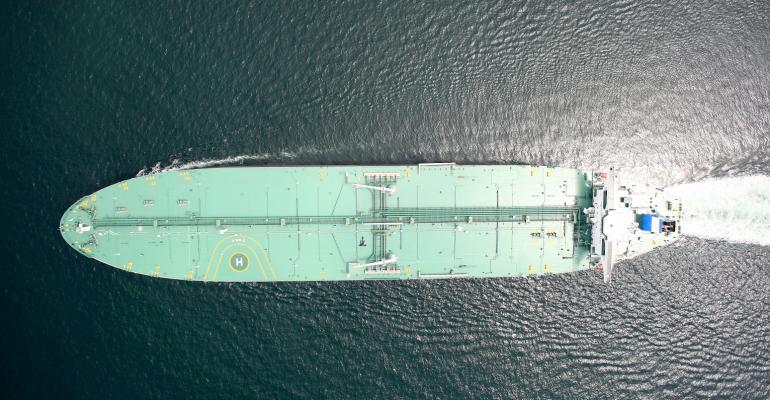The sixth round of sanctions was accompanied by plans to prohibit the provision of insurance for the transport of Russian oil and products, New York broker Poten noted in its latest weekly report. The insurance ban gave the latest round of EU sanctions real teeth, the broker said, because the global marine insurance market is dominated by companies based in the EU and the UK. Such a ban could impact up to 90% of world ocean-going tonnage, including a significant proportion of the world’s tanker fleet.
However, so far, Poten noted that the UK Government has not introduced similar insurance restrictions. This could be because of the country’s present political turmoil or perhaps because of spiralling energy prices, supply shortages and high inflation.
Meanwhile, the EU has also tweaked its sanctions package to allow European companies to transact with certain Russian state-owned entities, such as Rosneft. Poten said that the EU will now allow European entities to ship oil to third countries “to avoid any negative consequences for global energy security”.
However, the insurance ban stays in place. Underwriters and P&I Clubs, through direct insurance and reinsurance arrangements, are heavily dependent on parties that are domiciled within the EU. So it could be that the UK’s reluctance to join and the EU’s apparent easing of the sanctions package may not impact the effectiveness of the sanctions.
At the same time the US is promoting a price cap on Russian crude, well below market prices. Buyers who pay at or below the price cap for Russian oil would be exempt from the insurance ban. The objective, Poten noted, is to keep oil flowing, reduce the upward pressure on oil prices, but limit Russia’s oil revenues. However, for the price cap to work, the country’s largest customers – China and India – would have to support the plan, and the Kremlin would have to continue exporting oil under the new arrangement. Analysts are sceptical.
So, where does all this leave the tanker market, Poten asked. Recent developments seem to indicate that Western countries are willing to compromise to keep the oil flowing. That, in combination with continuing geopolitical tensions, should keep rates elevated, the broker concluded.
Copyright © 2024. All rights reserved. Seatrade, a trading name of Informa Markets (UK) Limited.
Add Seatrade Maritime News to your Google News feed.  |

